Although maintaining an older vehicle’s engine may be more challenging, it has strong engine oil stipulations. Accept the routine scheduled maintenance of your engine oil for older vehicles. Engine oil is one of the most critical and overlooked maintenance components, especially for older vehicles.
The proper engine oil can significantly extend your vehicle’s life, run better regardless of your driving style, and minimize wear and tear. It allows your car to run consistently and be perfectly conditioned under the varying driving conditions that occur while using it today. This how-to will reveal the pros’ secrets to choosing and using the proper engine oil for your old vehicle.
Whether you are a crazed DIYer, a weekend warrior, or run a fleet of old work trucks, this post will establish a routine for making better choices to care for your vehicle so it goes further.
Why Older Engines Need Special Attention?
Engine components wear out over time. Gaskets can shrink, seals can harden, and internal components can loosen their tolerances. Older engines can develop oil leaks, sludge, and lubrication problems. Typical motor oils cannot offer the additives or viscosity characteristics to protect against such wear.
This is where engine oil for older vehicles can help. It’s designed with additional detergents, conditioners, and anti-wear additives to manage the unique requirements of older engines.
What Makes Engine Oil for Older Vehicles Different?
For older engines, specialized engine oil usually consists of:
- Seal conditioners to reduce leaks.
- Higher viscosity to maintain pressure in worn-out engines.
- Detergents and dispersants are used to break down the sludge.
- Anti-wear additives protect older components.
These features help extend the life of high-mileage engines and reduce the risk of expensive repairs.
Here are Some Secrets to Using Engine Oil for Older Vehicles
– Choose the Right Viscosity Grade
Oil’s viscosity refers to its thickness and flow characteristics. Older engines often run better with thicker oil because it doesn’t leak out and provides better film protection.
Pro Tip:
Switching to slightly thicker oil can help reduce consumption and improve performance as engines age. However, it’s always best to consult your owner’s manual or a trusted mechanic before making changes.
– Go for High-Performance Engine Oil
Not all oils are created equal. Choosing a high-performance engine oil can make a big difference, especially for vehicles that still do heavy-duty work, towing, or long commutes.
At Pro-Lube, our high-performance oil options are designed to reduce wear, resist oxidation, and maintain stability even in extreme temperatures. These oils are ideal for older engines that still demand a lot from their drivetrain.
– Regular Oil Changes Are Even More Important
Modern cars can allow you to stretch your oil changes to 7,500 or more miles; older cars typically do not offer that option. If your older car leaked or burned oil, and you repeated this process, it is easy to miss when it needs an oil change.
Consider your driving pattern (stop-and-go driving means oil gets dirtier quicker) and whether you’re using conventional or synthetic oil. Oil changes are essential. Not changing the oil means contaminants, carbon, and sludge may accumulate. You can use high-mileage engine oil, but it cannot beat clean oil and a new filter.
– Remember the Entire Lubrication System
Many vehicle owners focus solely on engine oil but forget that older vehicles need a comprehensive lubrication strategy. This includes:
- Lubrication of the chassis (for tie rods, ball joints, etc.).
- Vehicle transmission oil (manual or automatic).
- Differential and transfer case fluids.
These are part of a healthy vehicle lubrication product lineup and should be checked and replaced periodically to ensure smooth and efficient operation.
Pro-Lube offers various vehicle lubrication products for modern and older models. Our formulations are engineered for longevity, performance, and protection across every component of your drivetrain.
– Use Engine Oil Additives Carefully
Additives can enhance performance, but not all are suitable for older engines. Some can harm catalytic converters or clog small oil passageways. If you do use additives, look for:
- Zinc and phosphorus for anti-wear protection.
- Seal conditioners for leak prevention.
- Detergents for cleaning sludge buildup.
We recommend sticking to engine oil that already contains these additives in the right balance, such as the ones found in our high-quality engine oil selections.
– Watch for These Red Flags
Older engines often show signs when their oil isn’t doing the job. Look out for:
- Blue smoke from the tailpipe (burning oil)
- Knocking sounds (poor lubrication)
- Low oil pressure
- Excessive oil consumption
- Oil leaks on your driveway
If you notice any of these issues, it’s time to reassess your oil choice. Upgrading to a thicker, high-mileage formula or switching to a high-performance oil can mitigate many of these symptoms.
– Match Oil Type with Driving Style
Not all older vehicles are Sunday cruisers. Some are still working hard in rural, commercial, or delivery settings. Depending on your use case, you may need to tweak your oil strategy:
City driving: Frequent stops and starts stress the engine more, so opt for oils with strong detergents and sludge-fighting properties.
Towing or heavy loads: Go for a high-performance oil with better thermal stability.
Long highway drives: Extended exposure to heat requires oils with excellent oxidation resistance.
– Replace the Oil Filter Every Time
An old or clogged oil filter can undo the benefits of even the best engine oil. Always pair your oil change with a fresh, high-quality filter to ensure optimal flow and protection.
Cheap filters often fail prematurely or fail to trap fine particles, which can accelerate engine wear.
– Don’t Ignore the Transmission
Your engine isn’t the only component aging. Transmission systems—especially in older cars—also suffer from fluid degradation and wear.
Vehicle transmission oil is crucial in gear shifting, cooling, and lubrication.
If your vehicle shows signs of rough shifts or delayed engagement, consider flushing and replacing the transmission oil with one of Pro-Lube’s advanced formulations for older systems.
– Trust Professional-Grade Products
Lastly, not all products on the shelf are up to protecting older engines. Look for professional-grade vehicle lubrication products that have been tested for performance, durability, and compatibility with high-mileage engines.
At Pro-Lube, we specialize in products designed for real-world use, not just laboratory conditions. Our engine oil line for older vehicles, as well as high-performance and transmission oil, ensures your aging vehicle receives the best possible care.
Final Thoughts
Keeping an older engine running like new doesn’t have to be complicated—it just requires an innovative, proactive approach. The keys to reliability and performance are selecting the right engine oil for older vehicles, maintaining a consistent maintenance schedule, and utilizing high-quality lubrication products.
Ready to give your engine the care it deserves?
Explore our full range of high-quality oils and lubricants at Pro-Lube.com today.
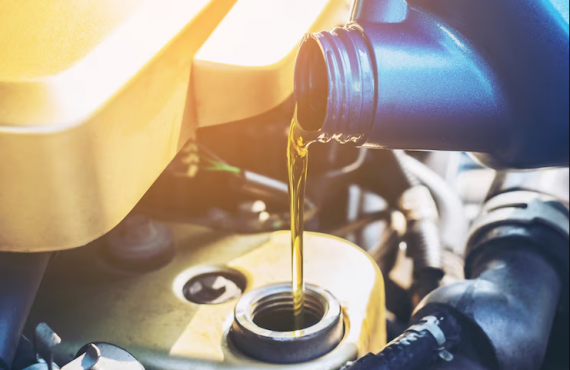

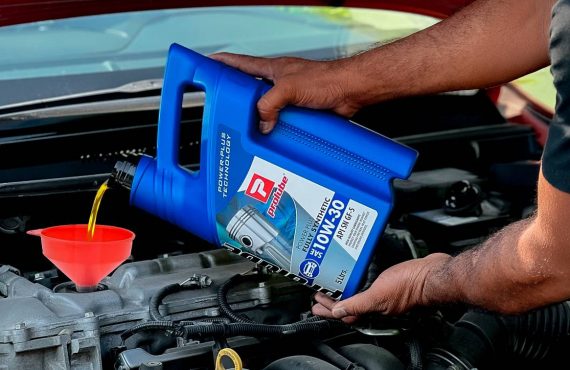
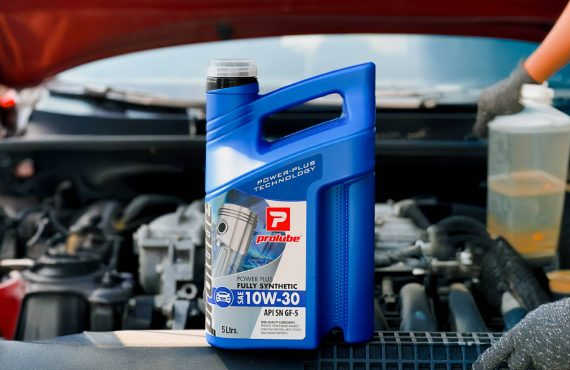
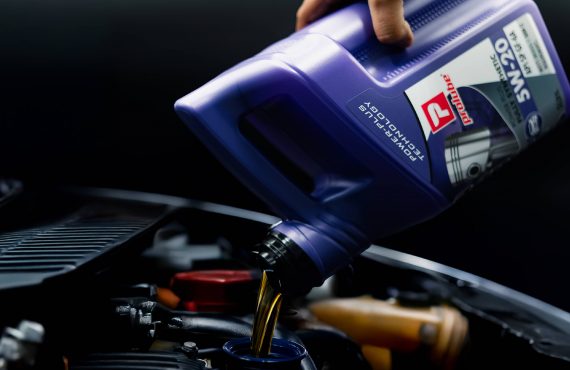
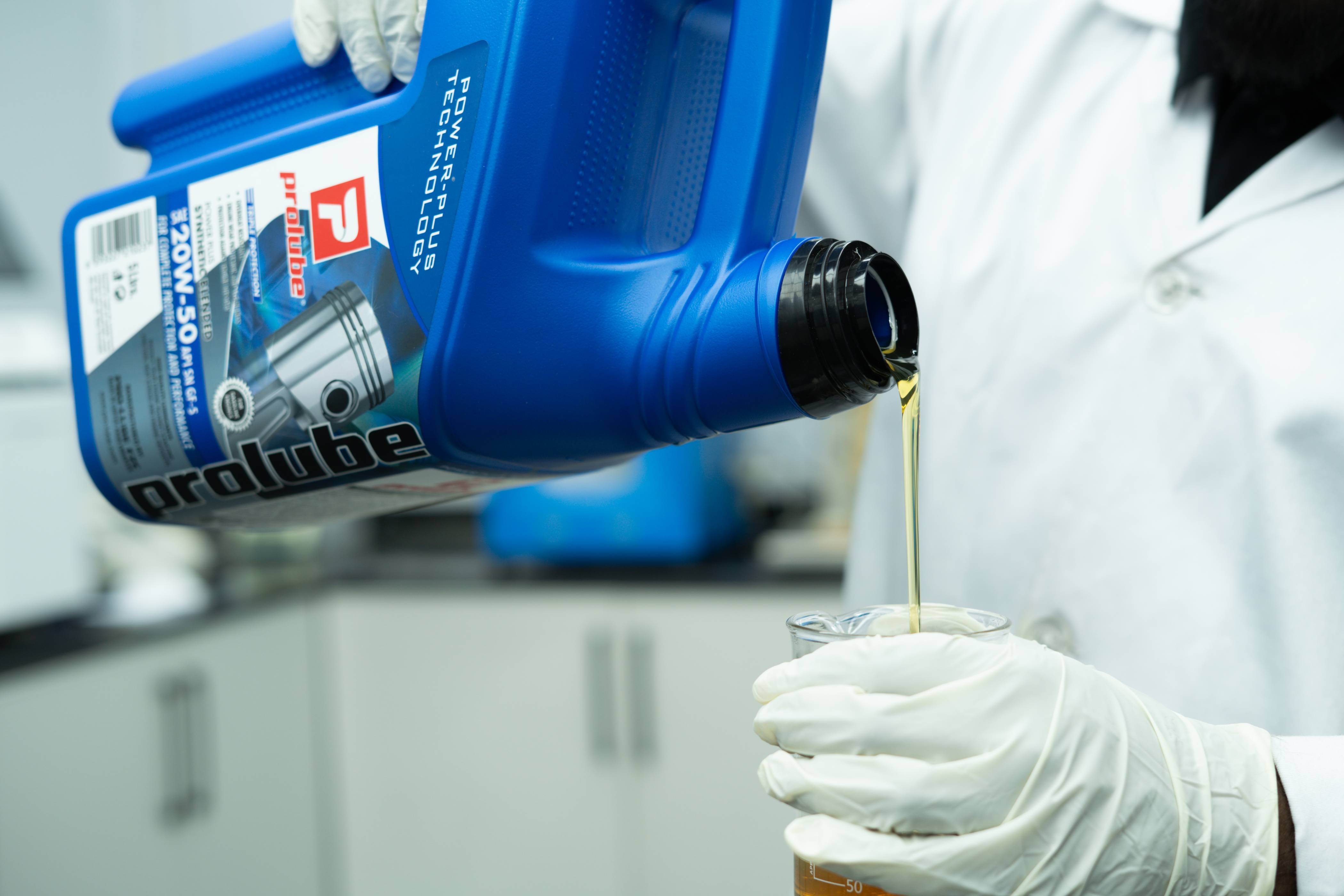
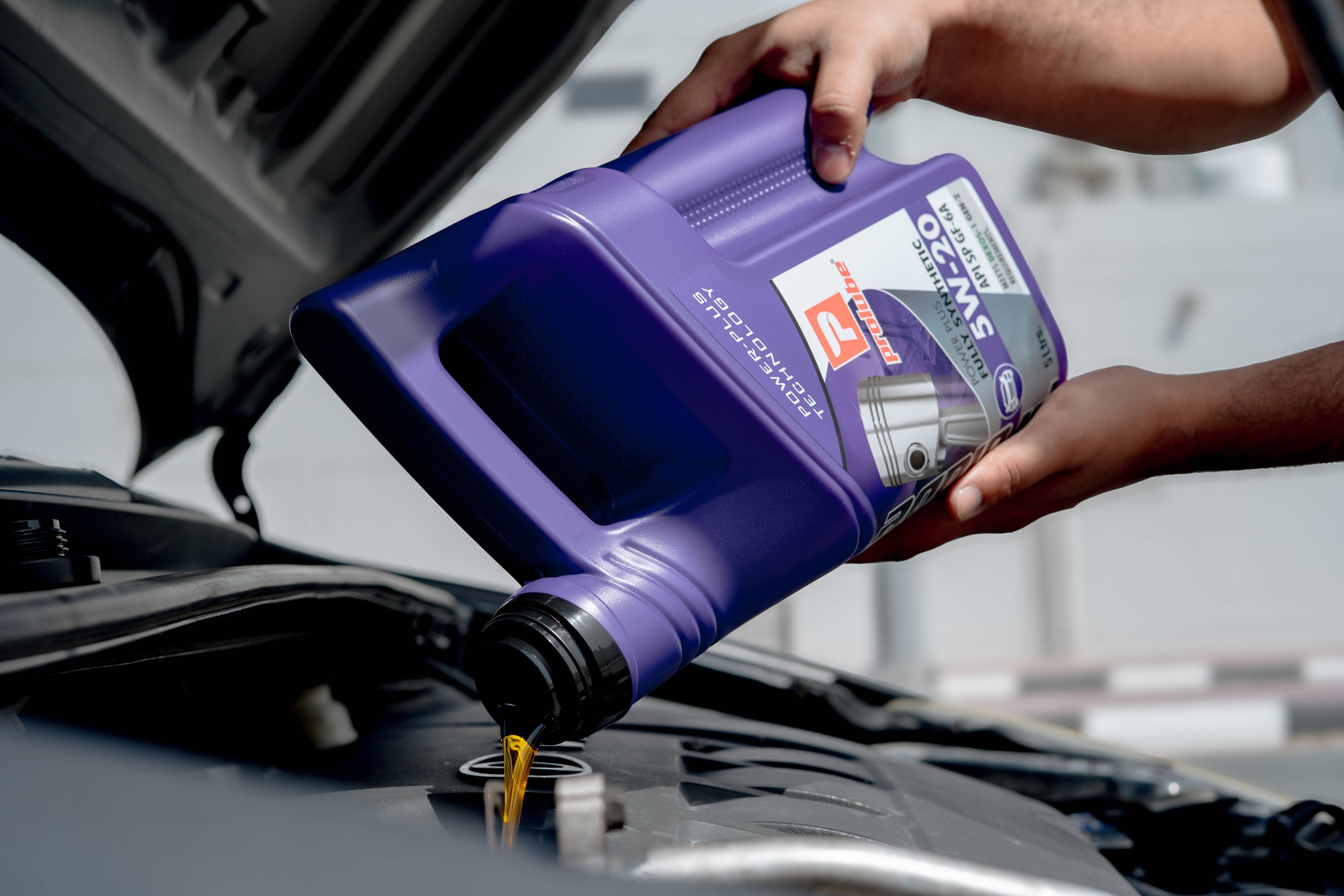
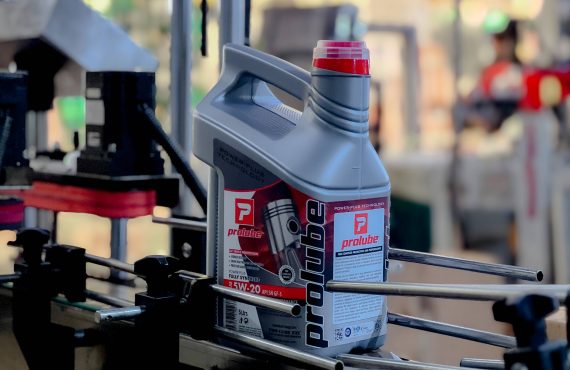

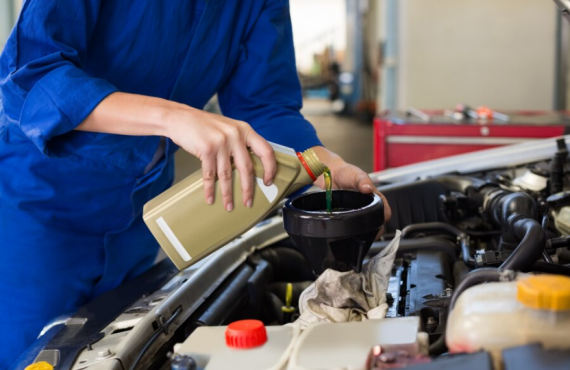
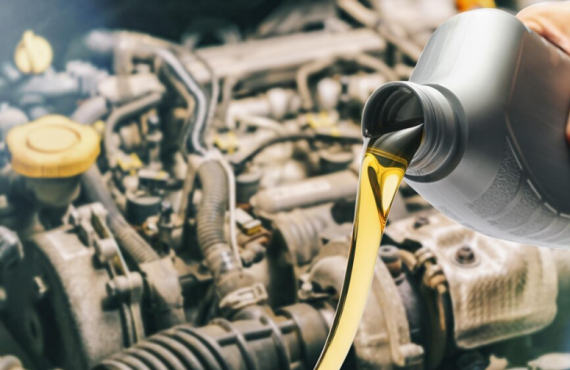
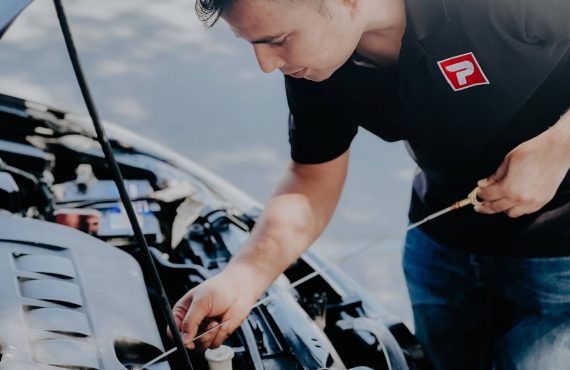
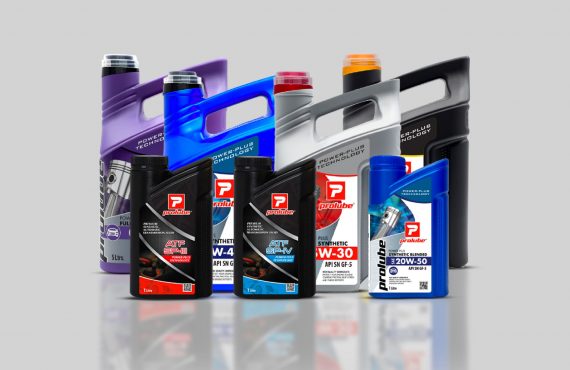

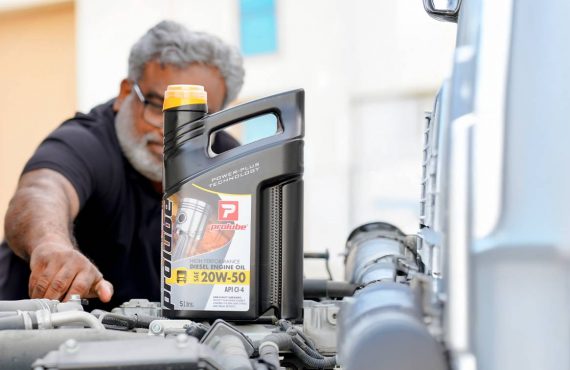
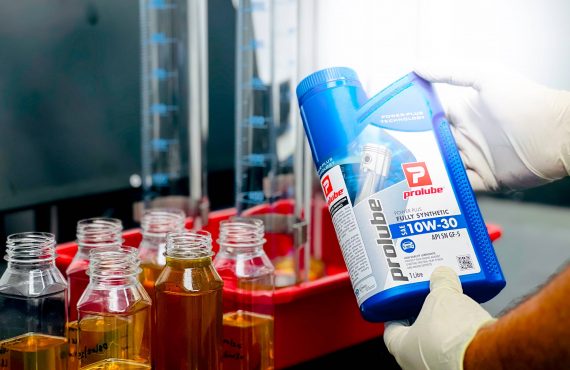

No comments yet.